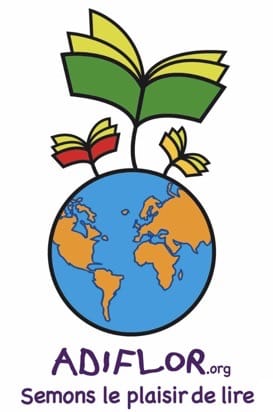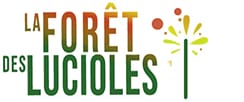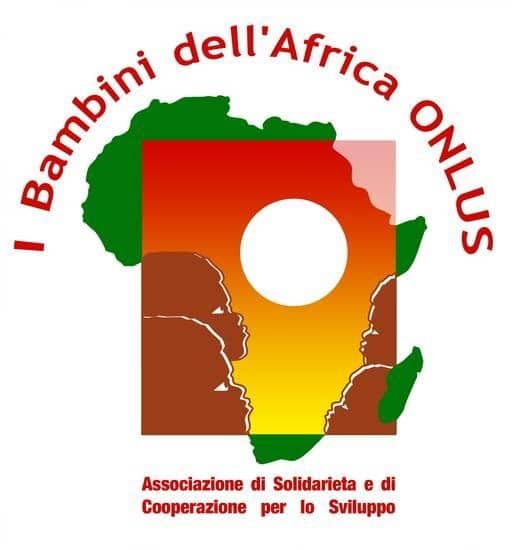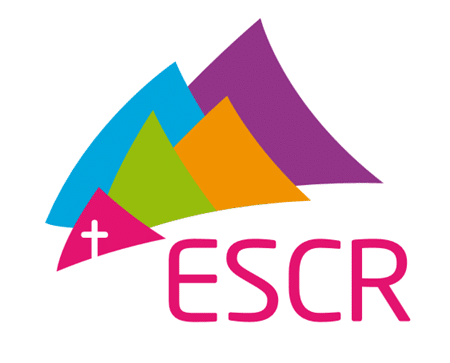The school sowing a new world in Colombia

2023-2024
Colombia
Action realized with: Filotopie
Visit their siteA pilot school where agroecology integrates the curriculum
Context
The El Palmar school group is located in the rural area of the municipality of Ovejas (Colombia). 98% of its pupils come from farming families. Unfortunately, due to unfavourable economic conditions, many inhabitants of the region are leaving for towns.
With this exodus and the development of intensive agrochemical farming, local population has often lost the ancestral knowledge of traditional family farming. As a result, the local ecosystems are destroyed and food self-sufficiency is at threat.
Objectives of the project:
Through this pilot project, Filotopie aims :
- to raise awareness of environmental issues among the younger generations in Colombia
- develop knowledge and skills local population needs to become aware and committed citizens
By learning about agro-ecology during their schooling, the young pupils are equipped to preserve their territory, ensure their community’s food self-sufficiency and benefit from local biodiversity.
Thanks to the experience of this very localized project, the association hopes the educational program developed in Las Palmas will become part of the curriculum of every rural school of the country!
Agroecology in school
Developing theoretical and practical skills to empower the 250 children to take action on their diet and their environment
Teachers training
Bringing new pedagogical approaches to teach agroecology
Engage local community in the environmental transition
Involving pupils' parents and the general public in improving food sovereignty in their region
A complete curriculum about agroecology
Since February 2023, agroecology is taught from kindergarden to secondary school on the 4 separated sites of the Del Palmar school . A dedicated teaching manual has been designed to support the curriculum, help the school’s 12 teachers and make it easier to spread to other schools.
The school’s 250 pupils have 2 hours of agroecology lessons a week. Each lesson takes the form of workshops in 4 learning areas: the laboratory, the nursery and vegetable garden, the kitchen and the canteen.
The Laboratoratory
Where the theoretical part takes place. Pupils develop understanding, analyzing and critical thinking skills.

the Nursuery and Vegetable garden
Practicing in the field: sowing, growing and harvesting. They also learn there how to protect the environment.
The Kitchen
Where they process to garden production into high value food

The Canteen
Where they talk about nutrition and teach children how to take care of their health by eating healthy and local food.









